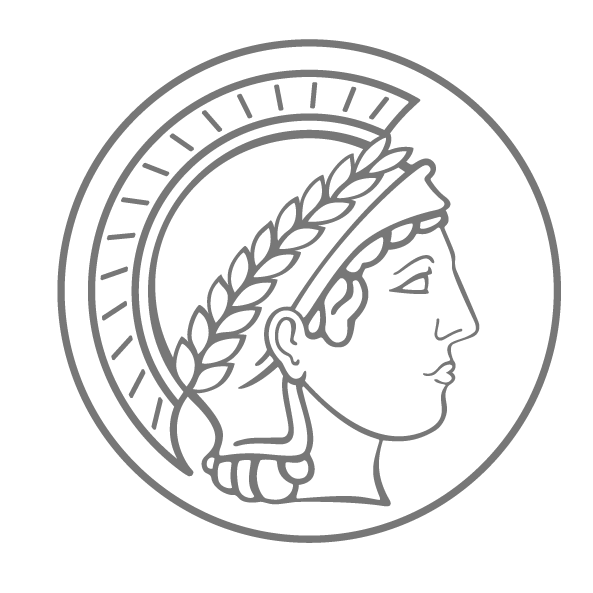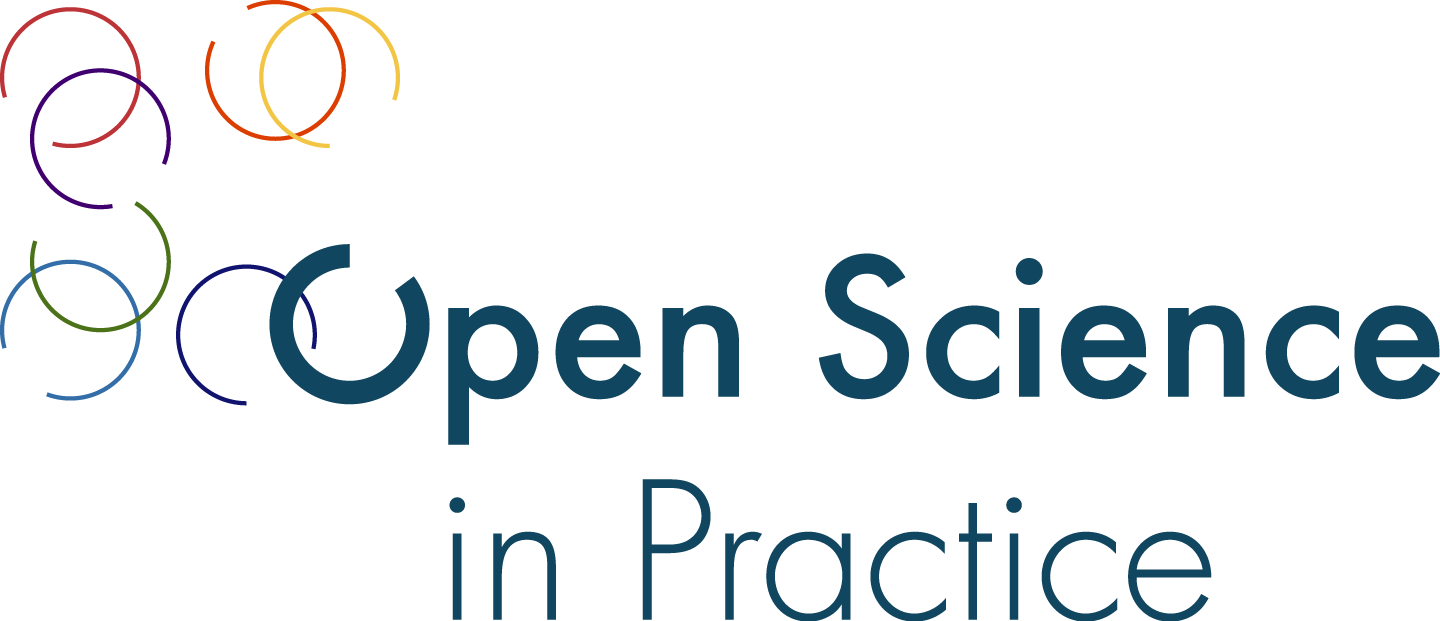Open Access
Open Access (OA) stands for unrestricted and free of cost online access to scholarly research. The term “open access” was first introduced in the 2000s in three public statements: the Budapest Open Access Initiative (2002), the Bethesda Statement on Open Access Publishing (2003), and the Berlin Declaration on Open Access to Knowledge in the Sciences and Humanities (also in 2003).
Open Access goes hand in hand with the Open Science movement and its goals and resulting benefits: Removing financial, technical, and legal barriers leads to the democratization of knowledge. Open Access results in better and more efficient use of taxpayers’ money because it hinders the public sector from paying both the scientists and the publishers for their research output. Besides, it benefits authors through enhanced visibility and impact of their results. The free access to scholarly research also supports transparency and knowledge re-use.
The Max Planck Digital Library is an advocate of the Open Access principles. It started and supports different Open Access initiatives and projects. Here is an overview of MPDL‘s Open Access activities:
- The MPDL negotiates arrangements on behalf of the Max Planck Society by which open access article charges (APCs) are covered or reduced to make Open Access publishing as easy as possible for Max Planck authors. All agreements are listed here, and the full list of journals covered by them are aggregated in the MPG OA Journal Finder.
- The MPDL participates in the nation-wide transformative agreements negotiated by the DEAL Konsortium with the largest commercial publishers of scholarly journals on behalf of all German academic institutions, including universities, research institutions, state and regional libraries.
- To help evaluate the costs and impact of transformative agreements, the MPDL developed and published the DEAL Cost Modelling tool.
- The MPDL is also the coordinator to the OA2020 Initiative, a global alliance of high-level stakeholders of scholarly publishing who share the commitment to accelerate the transition to open access.
- Last but not least, the ESAC Initiative, also coordinated by the MPDL, is an open community of information professionals dedicated to putting the vision of open access to research into practice. This international community is an information-exchange hub of first-hand experience and deep knowledge of the strategic and operational aspects of negotiating and implementing transformative and central open access publishing agreements.
Further Reading
- European Commission “Open access”: https://research-and-innovation.ec.europa.eu/strategy/strategy-2020-2024/our-digital-future/open-science/open-access_en
- UNESCO “Open Access Publications”: https://en.unesco.org/open-access/
- PLOS “Open Access”: https://plos.org/open-science/open-access/
- FOSTER Open Science “Open Access Publishing: https://www.fosteropenscience.eu/node/2331
- Open Access Network: https://open-access.network/en/home
- Deutsche Forschungsgemeinschaft “Was ist Open Access?”: https://www.dfg.de/foerderung/programme/infrastruktur/lis/open_access/was_ist_open_access/


